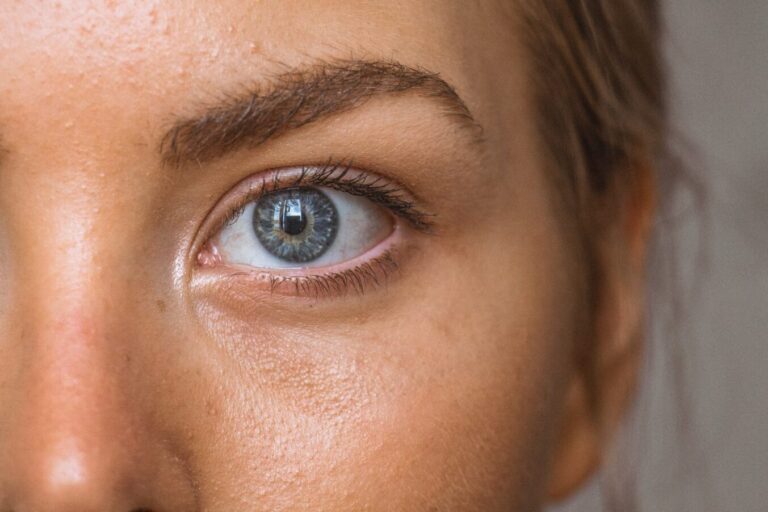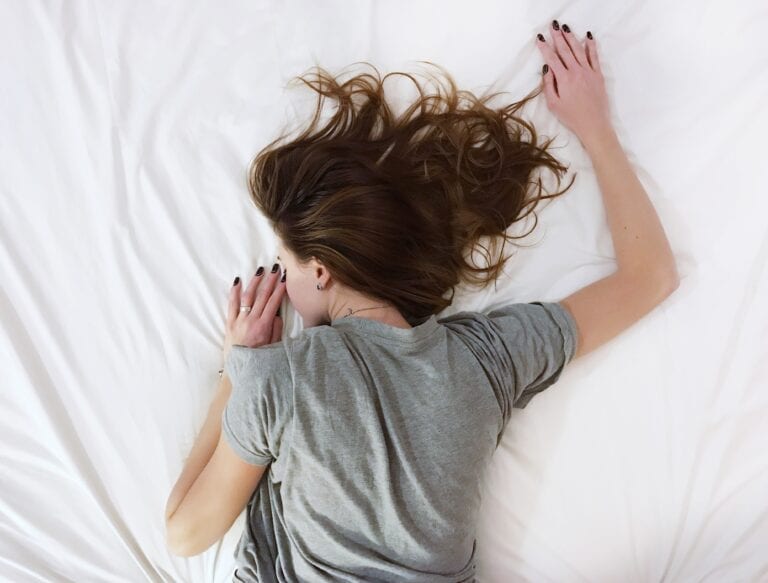With the world facing a turbulent time, many of us have been experiencing physical signs of our stress, and one particularly pertinent change is in our skin.
You may be perplexed by your so-called ‘lockdown acne’ but there’s a reason why your skin isn’t on top form right now. By spending more time at home our skin is inevitably exposed to less pollution and we’ve had more time than ever to dedicate to our skincare routines – so why is it taking a downturn? Here’s a couple of reasons why:
Hormones

Our skin is extremely sensitive to its surroundings, but it’s not only what our skin encounters on the outside that affects its condition; how we feel on the inside can have an impact too. Following environmental changes, our bodies are prone to enter a stress response. This response causes an influx of hormones like cortisol, which cease non-essential functions as your body enters a fight-or-flight response. While this would have been beneficial for the survival of our ancestors, in modern, less threatening circumstances the consequences to this reaction can add to our worries! As cortisol causes inflammation of the skin, and the skin glands to produce more oil, it in turn becomes more acne-prone too.
The way stress indirectly impacts your skin
Poor Sleep

Nevertheless, there are more indirect impacts of stress that can also be affecting your skin. Poorer sleep is a common consequence of stress, with people reporting less sleep, more disturbances, and lower sleep efficiency (Kim & Dimsdale, 2007). With it being well-established that sleep is incredibly important for our bodies to rest and repair, interruptions to our sleep pattern inevitably make it harder to combat precursors to our skin troubles. For example, compared to poor sleepers, good sleepers showed less skin aging, better recovery from skin irritation or redness, and better perception of their appearance (Oyetakin‐White et al, 2014). Therefore, prioritising something as simple as sleep could help to contribute towards healthier skin and more positive self-perceptions even if the skin is troubled.
Poor Diet

Stress is also intrinsically linked to diet quality; the more stressed we feel, the worse the quality of our diet becomes (De Vriendt et al, 2012). While some of us have a propensity to over-indulge as a result of stress in order to comfort ourselves, others tend to restrain their eating and instead snack of highly processed, convenient foods (Wardle, Steptoe, Oliver & Lipsey, 2000). With our skin being extremely responsive to the food we consume, it’s likely that dietary changes during a period of stress can also contribute to changes in the skin.
3 things you can do to rescue your skin
If you too have been experiencing skin troubles during a stressful period, you can make a few simple changes to bring it back to life.
1. Relaxation
Taking just ten minutes a day to focus on yourself and be in the present moment can do wonders when it comes to relieving stress. Practicing yoga, meditation or mindfulness can help to ground the mind and bring things back into perspective when they feel a little out of control.
2. Consistency
Maintaining a simple, sensitive skincare routine can provide your skin with the nourishment it needs to help it recover. Try to use unperfumed, natural products in order to avoid further irritation.
3. Diet
Try to be mindful of the types and quantities of food you are consuming when you know you are facing a stressful period. As over and undereating can prevent the skin from making a speedy recovery, it may be helpful to plan meals in advance so you can assess the quantity and quality of what you will be consuming. Research has found a link between consuming foods with a high glycaemic load (e.g. sweets and chocolate) with the exacerbation of acne. Nevertheless, don’t be afraid to treat yourself to these as they can also provide a short-term mood boost.



